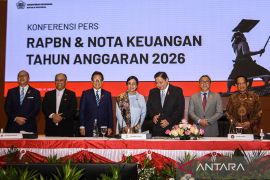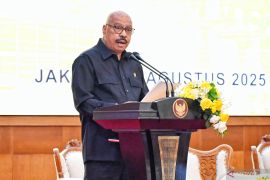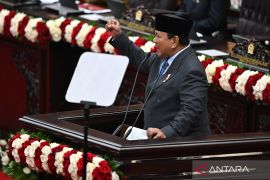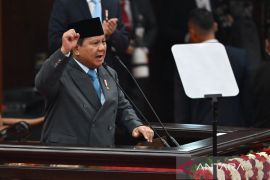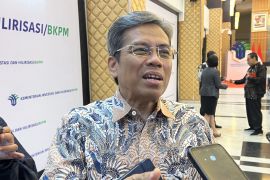"Repatriation of capital prompted by tax amnesty would boost investment," Bambang told reporters in a press conference here on Wednesday.
Bambang said the global economy is ailing, but the Indonesian government is optimistic and set an economic growth target of 5.2 percent in the state budget.
Therefore, the government seeks to encourage investment by the private sector with the repatriated fund as it would be difficult to sustain growth with household and government spending, he said.
"We are hopeful that repatriation of capital would result in an increase in investment by the private sector with impact higher economic growth," he said.
Deputy Governor of Bank Indonesia Perry Warjiyo said capital inflows from abroad as a result of the tax amnesty policy could improve the countrys economic performance.
Perry said the repatriation of capital could result in excess liquidity , which in short term could boost credit expansion and investment by the private sector.
Therefore, the tax amnesty policy would bring about positive effect on the countrys economic growth in the third and forth quarters of this year, he said.
"Tax amnesty would show its impact in the third and fourth quarters of this year. Bank Indonesias estimate puts the countrys economic growth at 5.3 percent in the fourth quarter of this year that the growth target of 5.2 percent this year could be reached," he said.
Perry predicted that in 2017, the countrys economic growth could reach 5.5 percent on condition that the capital repatriation would be fully invested in the real sector.(*)
Editor: Heru Purwanto
Copyright © ANTARA 2016
